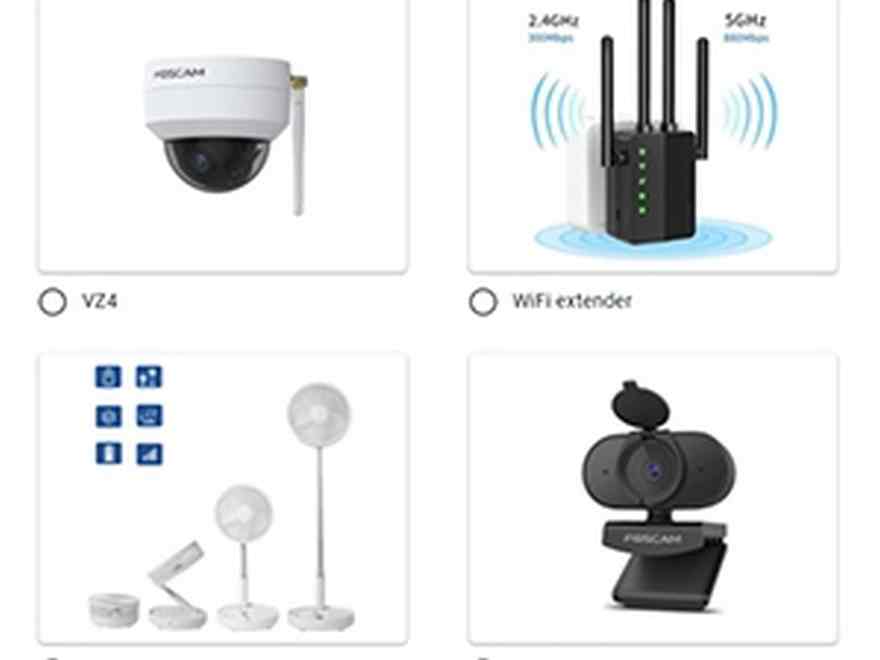In a world where every transaction holds the potential for both value and compromise, mastering the art of negotiation has become an indispensable skill for savvy consumers and seasoned professionals alike. Whether you’re haggling over the price of a new car, seeking a discount on your next vacation, or trying to secure added bonuses from a service provider, the ability to negotiate effectively can lead to substantial savings and enhanced agreements. This article delves into the nuances of negotiation, offering insights and strategies to empower you in securing lower prices and additional perks from sellers. By understanding the psychology of negotiation and employing practical techniques, you can transform everyday transactions into opportunities for greater value. Join us as we explore the essential tactics and mindset shifts necessary for approaching negotiations with confidence and finesse.
Strategies for Effective Negotiation Techniques
To navigate the world of negotiation successfully, it’s crucial to prepare your approach in advance. Begin by establishing your goals clearly, understanding not only the price you aim to achieve but also any additional benefits you wish to secure. Research the seller’s background, identifying their constraints and motivations. This knowledge helps in framing your proposals and counteroffers. Techniques such as **active listening** and **mirroring** can build rapport, making the seller more inclined to accommodate your requests. Remember, maintaining a positive yet firm attitude can also facilitate a smoother dialogue.
When it comes time to present your offer, consider employing strategies like the **anchoring technique**, where you start discussions with a higher initial demand to set a favorable tone for negotiations. Additionally, using **silent pauses** can create a sense of discomfort, prompting the seller to reconsider their position. Be prepared to walk away if your needs aren’t met; this willingness can shift the balance of power in your favor. employing the following tactics can enhance your overall negotiation effectiveness:
- Utilize Time Constraints: Highlight the urgency of your decision-making process.
- Leverage Comparative Offers: Present competitive prices from other sellers to strengthen your case.
- Negotiate in Layers: Tackle one aspect of the deal at a time to avoid overwhelming the seller.
Building Rapport to Enhance Negotiation Outcomes
In any negotiation, the ability to foster a genuine connection with the other party can significantly influence the outcome. Establishing rapport allows both sides to feel more comfortable and open, which can lead to more favorable terms. To create this connection, consider employing strategies such as:
- Active Listening: Show genuine interest in the other person’s perspective. Acknowledge their concerns and validate their feelings.
- Common Ground: Identify shared interests or goals to strengthen the relationship and create an atmosphere of collaboration.
- Empathy: Demonstrating understanding and compassion can break down barriers and make the negotiation process smoother.
Additionally, leveraging body language can enhance rapport significantly. Your nonverbal signals can convey confidence and openness. Be mindful of your posture and maintain appropriate eye contact, as these can reinforce sincerity and trust. Notably, mirroring the other person’s gestures or tone can also create an unconscious sense of unity. By components that facilitate connection, you can transform a transactional conversation into a constructive dialogue.
| Strategy | Purpose |
|---|---|
| Active Listening | Builds trust and shows respect for the other person’s opinions |
| Common Ground | Encourages collaboration and mutual understanding |
| Mirroring | Creates a sense of connection and comfort |
Leveraging Market Information for Favorable Deals
Understanding the nuances of market dynamics can significantly elevate your negotiation game. By gathering and analyzing data from various sources, you position yourself to make informed decisions that can lead to more favorable terms. Consider leveraging online platforms, competitive analysis reports, and customer reviews to assess the value of what you’re negotiating. This information can help in establishing a reasonable price point and allow for strategic positioning during discussions. Key insights to focus on include:
- Current pricing trends: Investigate what similar products or services are selling for in the market.
- Competitor offerings: Understand what added bonuses or features competitors provide to enhance their offerings.
- Consumer demand: Gauge how much interest there is in the product you’re negotiating for, which can influence sellers’ flexibility.
For a more structured approach, consider creating a simple comparison table to visualize your findings. This can serve as a powerful tool during negotiations, enabling you to make a convincing case based on hard data:
| Product/Service | Market Price | Competitor Bonus | Seller Flexibility |
|---|---|---|---|
| Product A | $100 | Free shipping | Moderate |
| Product B | $90 | Premium support | High |
| Product C | $110 | Discount on next purchase | Low |
By compiling and analyzing such information, you not only bolster your negotiating power but also demonstrate due diligence, making it harder for sellers to dismiss your requests. Bringing data to the conversation establishes you as a serious buyer who has done their homework, paving the way for improved outcomes in negotiations.
In Conclusion
mastering the art of negotiation is not merely a skill—it’s an empowering journey that can transform the way we engage in everyday transactions. As we’ve explored, the ability to secure lower prices and added bonuses hinges on a delicate balance of preparation, communication, and psychological insights. With patience and practice, you can cultivate an impressive toolkit that will serve you well, whether you’re haggling at a flea market or discussing contracts in the boardroom.
Remember, successful negotiation isn’t just about winning; it’s about creating outcomes that benefit both parties. As you step into your next negotiation, carry with you the knowledge that every conversation is an opportunity to build relationships, foster understanding, and reach an agreement that resonates. So, take a deep breath, embrace the process, and watch as your negotiation prowess opens doors to not just savings, but lasting connections and brighter possibilities. Happy negotiating!



















